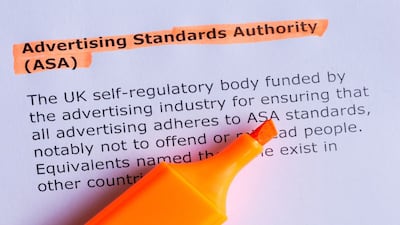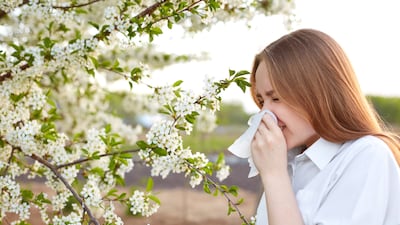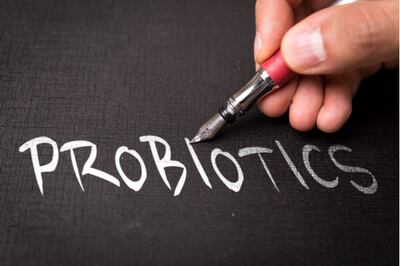Psychedelic truffles marketed as food supplements for enhancing mood and boosting creativity are being monitored by the European Food Safety Authority as an emerging risk to consumers.
With these supplements increasingly available online, the authority is working to raise awareness of the issue among EU member states and the European Commission, Milen Georgiev, scientific officer at EFSA’s Knowledge, Innovation and Partnership Management (KNOW) unit, told HBW Insight.
EFSA’s concerns include whether the products are compliant with EU rules governing supplements and if their consumption can cause adverse health effects, Georgiev said.
Mushroom Link
The chain of events leading to EFSA flagging up the issue dates back to November last year and a meeting of the EFSA Stakeholders Discussion Group on Emerging Risk (StaDG-ER), which draws its members from an array of fields including academia, food business operators and consumer associations.
A presentation to StaDG-ER given by the Association of Veterinary Consultants (AVC) highlighted the risks associated with increasing consumption of the mushroom Amanita muscaria, which has psychotropic properties. According to AVC, social media influencers are promoting Amanita muscaria supplements “to reduce stress and maintain a mental health balance.”
The presentation included references to the 2023 European Drug Report of the European Union Drugs Agency which identified a rise in consumption of so-called magic mushrooms containing the psychedelic compound psilocybin.
After AVC raised attention to these topics, a number of member states went away to explore them in more detail, Georgiev explained. This led the Food Safety Authority of Ireland to submit information about the sale of psychoactive truffles for discussion by EFSA’s Emerging Risks Exchange Network (EREN), which includes representatives of EU member states, the Commission and other EU agencies.
Microdosing Truffles
At EREN’s latest meeting, held in May, it was outlined that psychedelic truffles are being sold as food supplements from e-commerce sites to consumers in European countries via postal networks.
“A growing interest in social media was observed, as well as an increase in online offerings of products, including psychoactive varieties,” Georgiev said. “They are sold as containing allegedly ‘sub-perceptual doses’ or microdosing e.g. less than 1/10th full psychedelic dose and with a number of alleged claims to boost creativity, focus, and enhance mood.”
EFSA has not assessed any of the alleged claims associated with truffle supplements, Georgiev pointed out. “In addition, those products might be subject of a specific authorization.”
HBW Insight found supplements for sale online to European consumers combining “microdosing truffles” with mushrooms and botanicals, promoted to support focus, memory and creativity, while also reducing stress.
Following the discussion at the EREN meeting, it was determined that additional information is required to fully characterize the issue.
On EFSA’s Radar
Asked what EFSA’s primary concerns are, Georgiev said the first is to establish whether the products are in full compliance with EU legislation. “Sales [are] almost exclusively via the internet, meaning that products potentially subject to prevailing regulation, or prohibition of psilocybin mushrooms, may be made available on the EU market.”
EFSA is also worried about the reported practice of microdosing and potential interactions with other substances leading to adverse health effects, he added, noting that there have been reported cases and outbreaks in the US related to products containing similar substances.
Given the many unknowns, Georgiev said EFSA will keep this topic on its radar for emerging risks. The authority will also explore if additional information can be collected through EFSA’s Focal Point network’s “tailor-made activities” project on food supplements.
Through EREN, EFSA intends to increase awareness at the competent authorities of member states and the European Commission’s directorate general for health and food safety, he noted, while also alerting the heads of European food safety agencies working group on food supplements. This group recently recommended a number of popular supplement ingredients for a safety assessment which could lead to their use being restricted or banned outright across the EU. (Also see "Proposal To Restrict Use Of Popular Supplement Ingredients In EU ‘Highly Problematic’" - HBW Insight, 15 July, 2024.)
An update from EREN on the truffles issue is likely to come at its next meeting scheduled for 29-30 October at EFSA’s headquarters in Parma, Italy.







